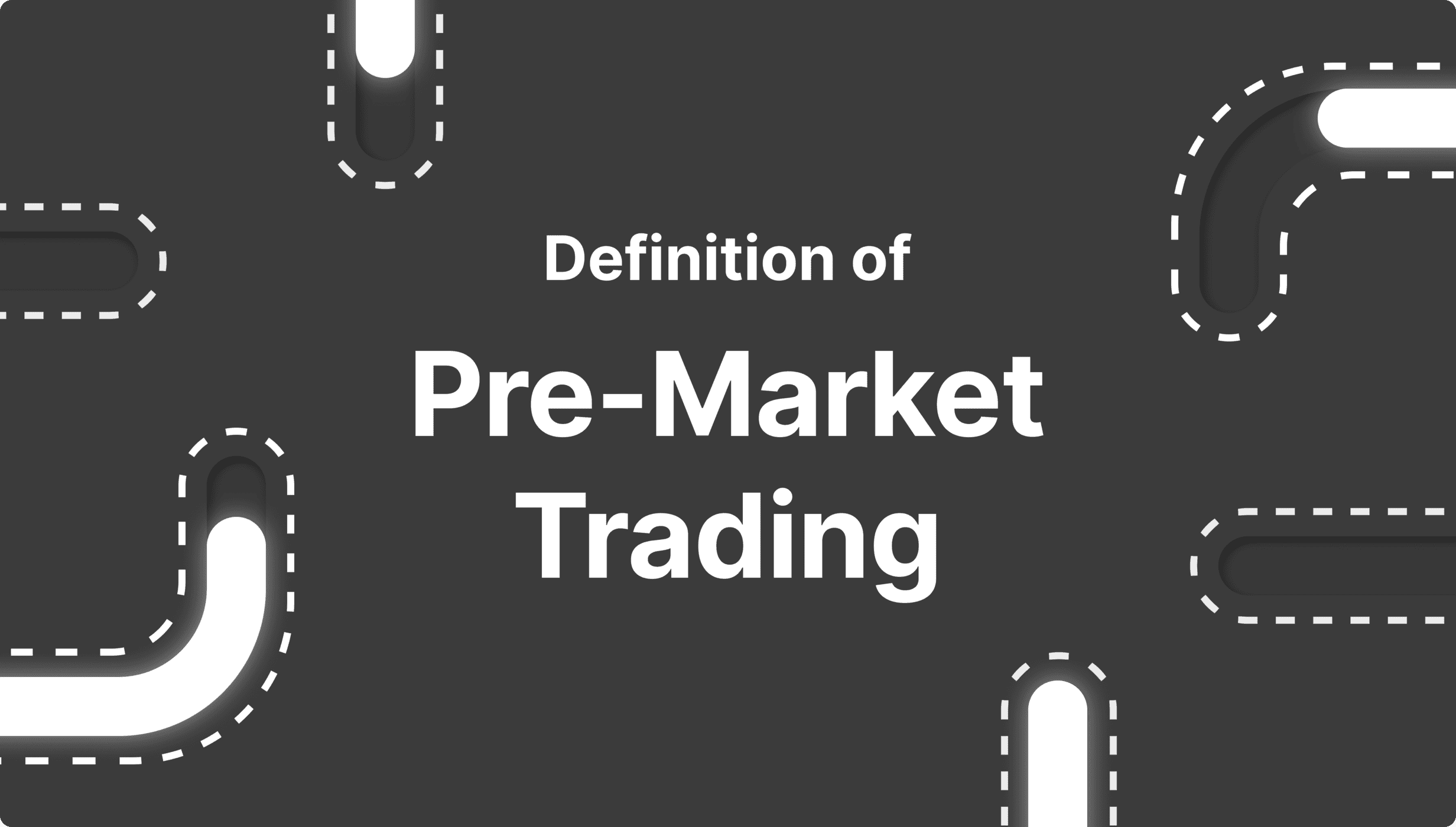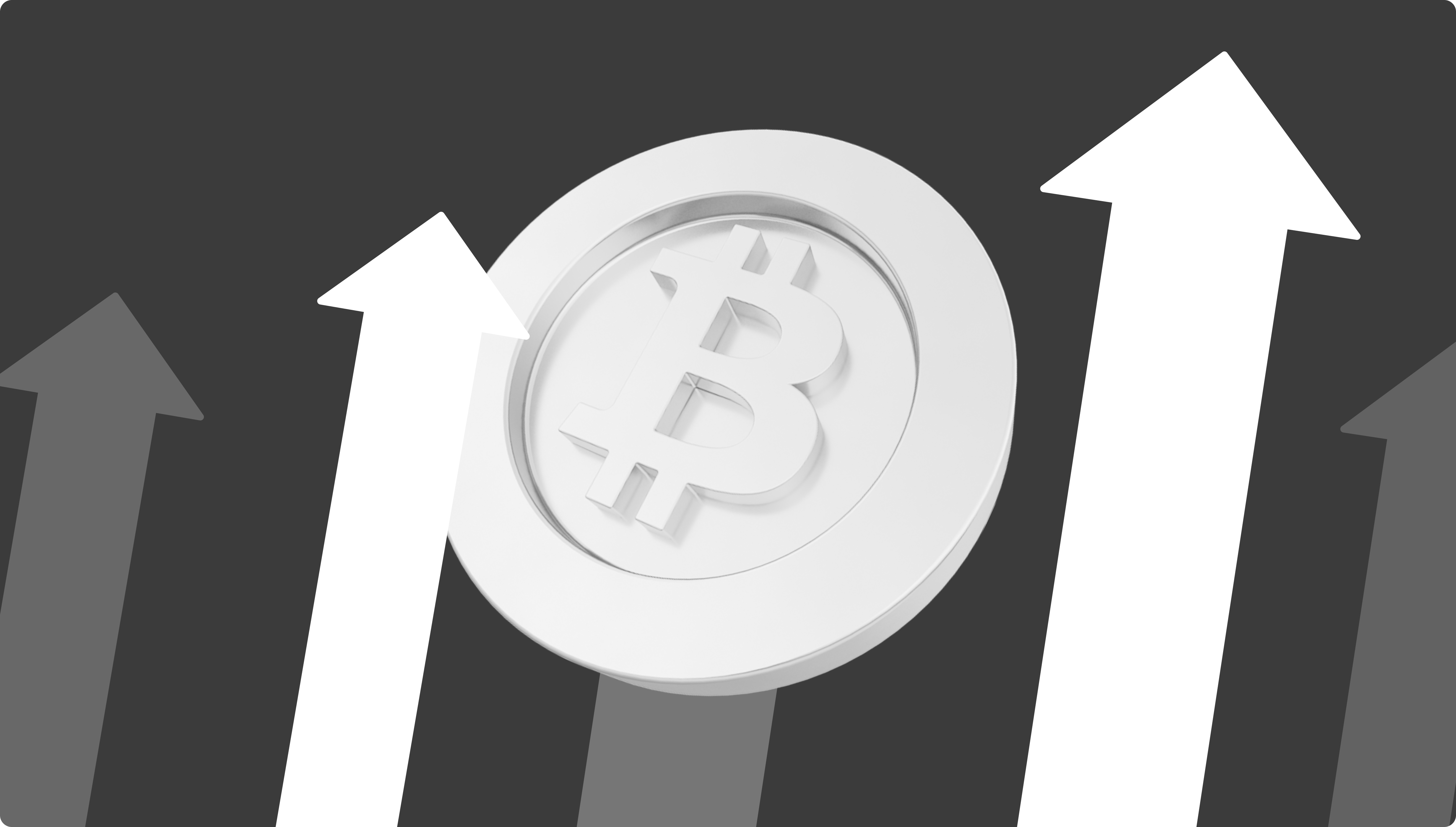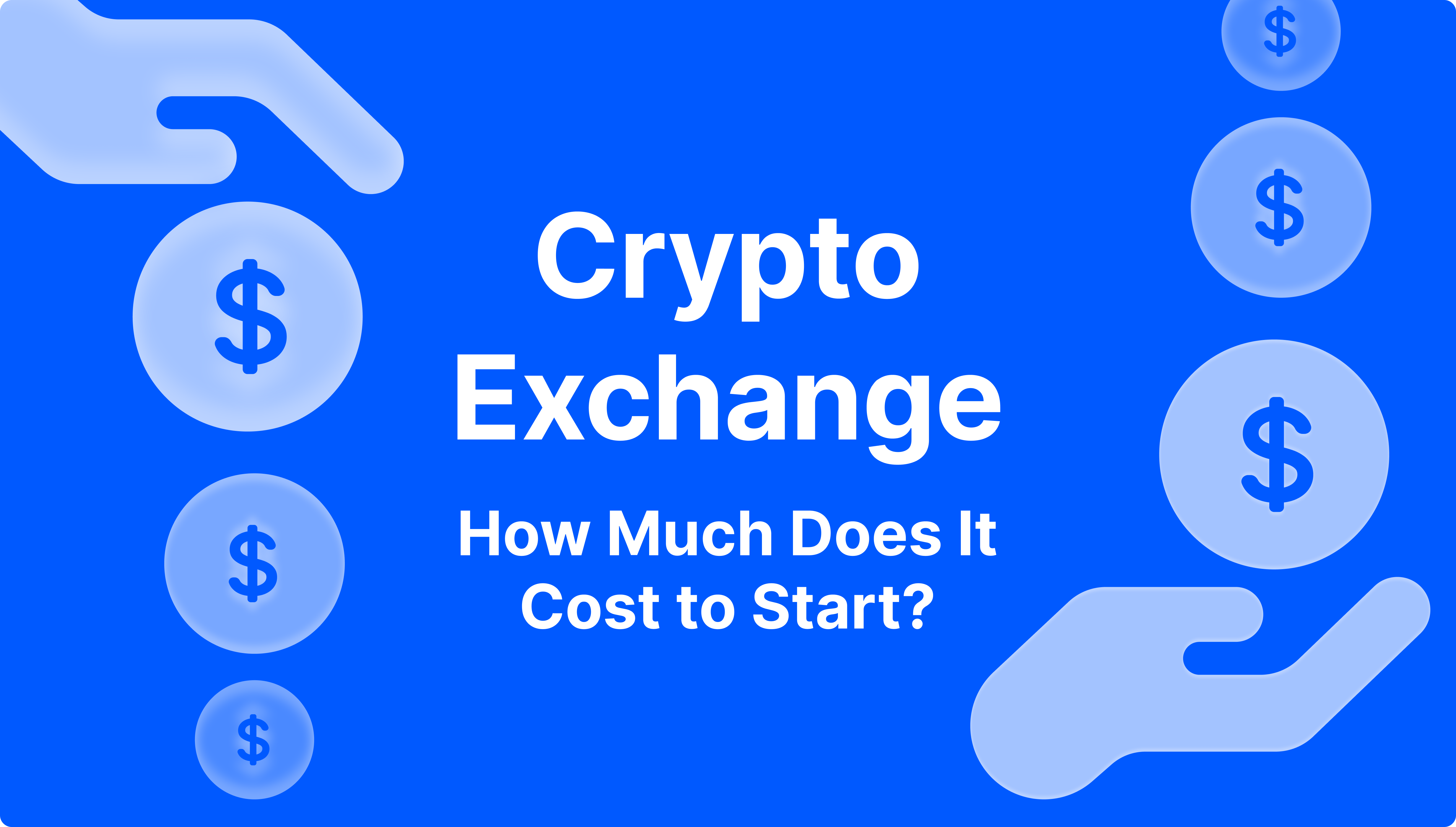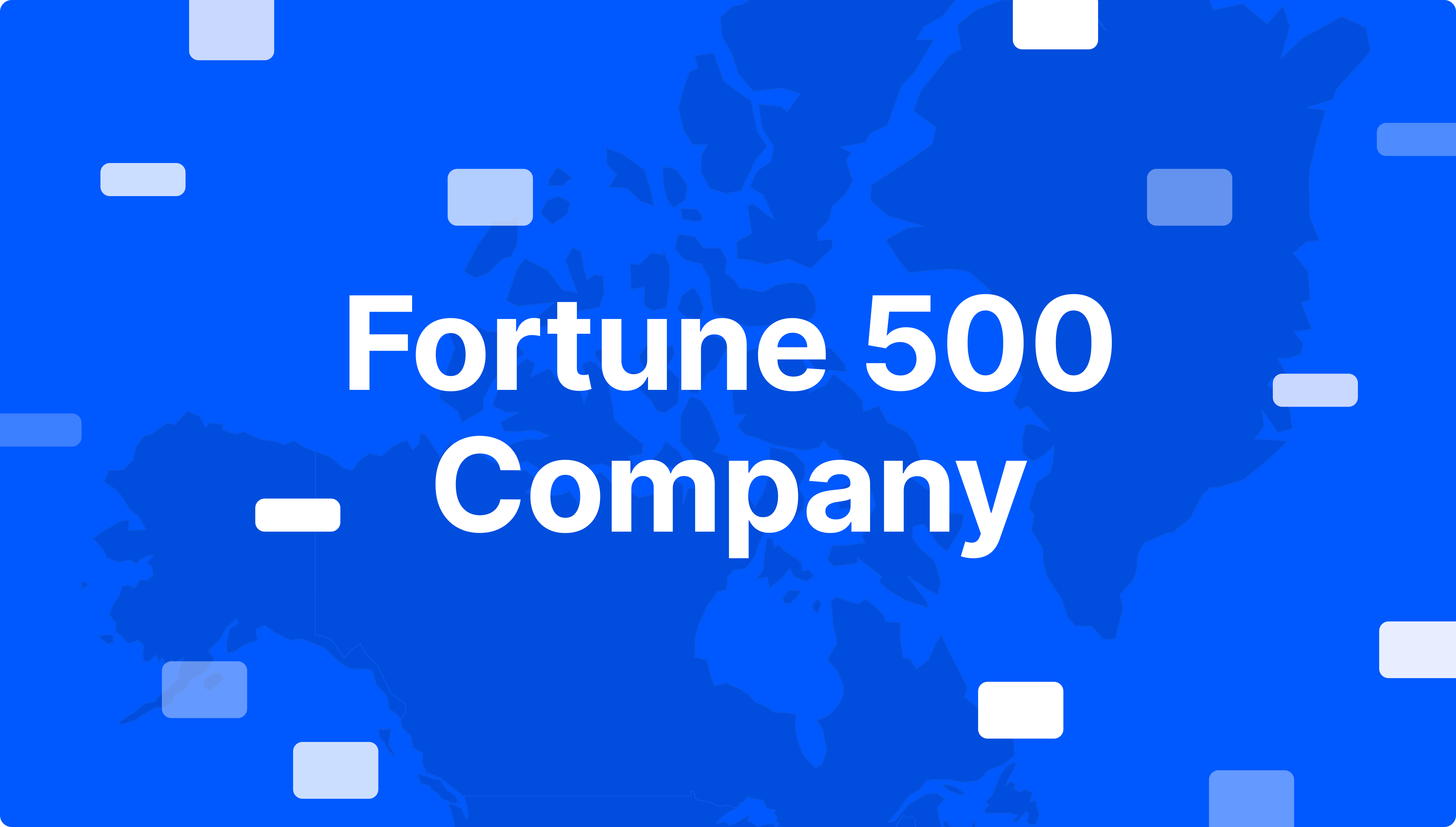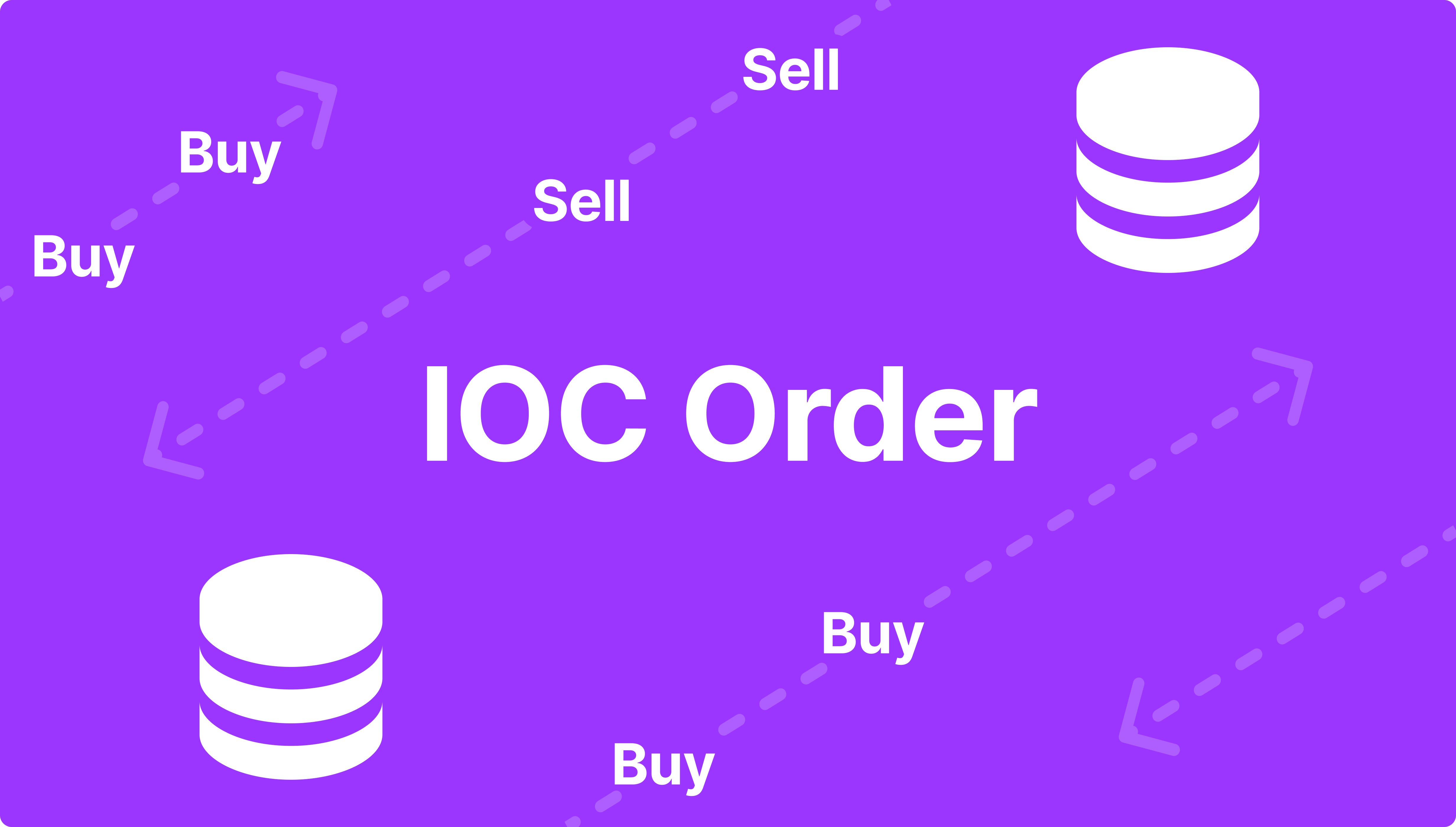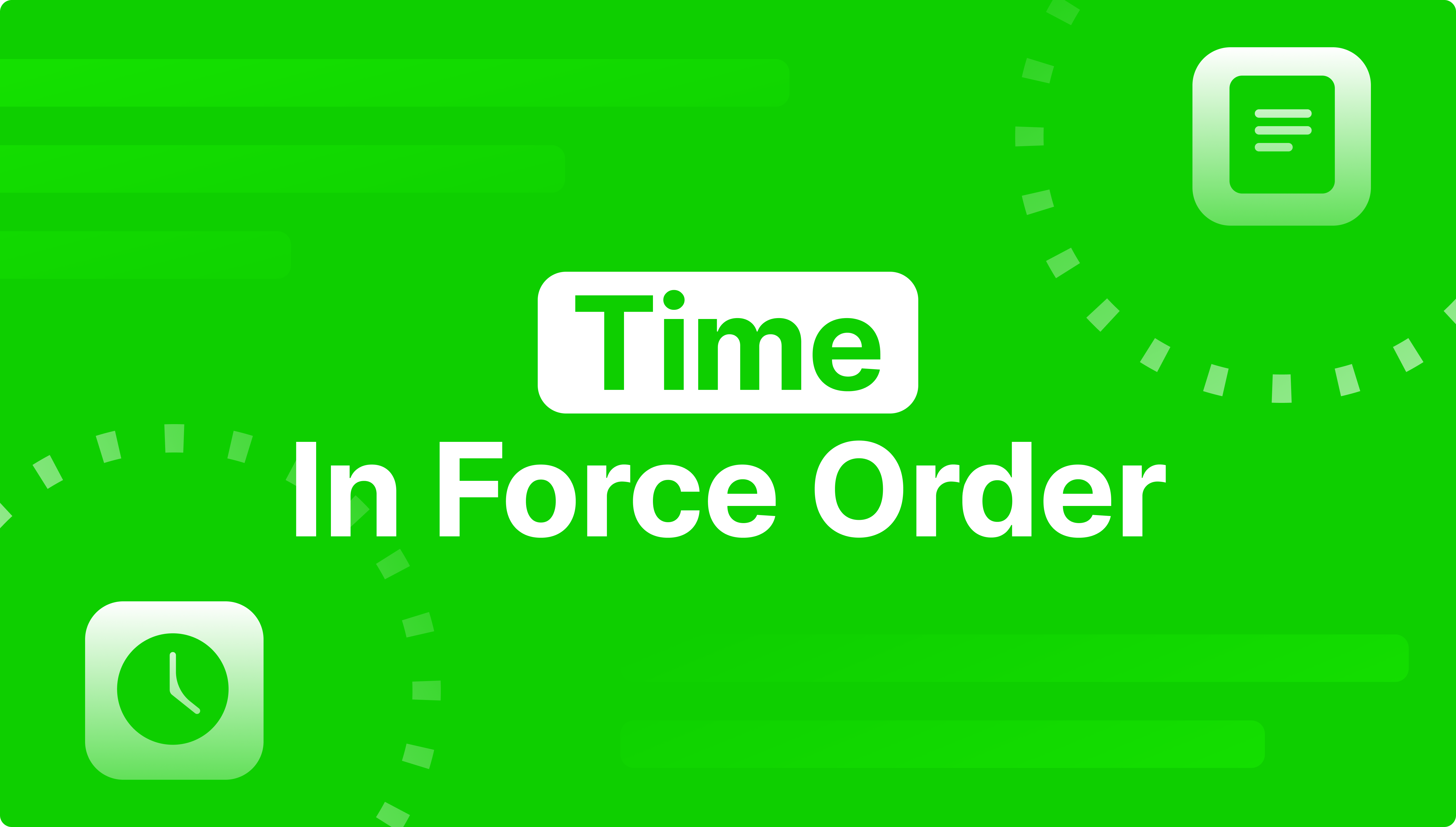Who Regulates Forex Market? – Main Jurisdictions Review
Articles


The degree of speculative trading in the retail FX market is increasing. A byproduct of this is that there may be financial intermediaries (such as banks or brokers) that participate in financial irregularities and scams, as well as unreasonable fees and hidden costs, as well as high-risk exposure supplied via excessive leverage or other unethical business methods.
The use of the internet and mobile apps to trade allows for more efficient trading operations, but it also increases the danger of unrecognized sites that may shut abruptly and disappear with investors’ money. Regulations are in place to guarantee that such activities are not repeated. Regulations are intended to protect individual investors while also guaranteeing fair operations to preserve the interests of clients.
For traders, when selecting an FX broker, the presence of the Forex license, state of the broker’s regulatory approval and the body that oversees the broker are the most significant considerations.
How is the Forex Market Regulated?
The FX market is the biggest financial market in the globe. The fact that there is no centralized body responsible for supervising and regulating trading operations in this domain, in contrast to the futures, equity, and options markets, is a significant disadvantage.
Instead, the task of regulation is often carried out by government organizations that are specialized in a particular nation or area. They function as supervisory authorities and Forex jurisdictions for brokerage businesses and other significant participants in the foreign exchange market, issuing licenses and establishing standards for them and other important players in the FX market.
For the most part, the major goal of Forex trading laws is to guarantee that all parties involved are conducting themselves in a fair and ethical way, particularly when it comes to dealing with customers.
These licensed enterprises will be examined on a quarterly basis as part of the usual regulatory process in an attempt to verify they are fulfilling the high criteria established by the relevant regulatory authority. Audits and other relevant measurements may be included in this category.
Aside from being obliged to fulfill certain capital requirements, these top regulated FX brokers are also often required to keep a separate account for the cash of their customers. There is a need for this money to be kept separate from the company’s main business account.
Any departure from this practice has been deemed a violation and may result in monetary fines, the loss of a license, or even the forced closure of the business. It is considered a severe infraction, and it is one that may result in criminal sanctions for the brokerage firm’s owners as well.
What are the Jurisdictions to Obtain a License?
With the background mentioned above, it is stated, that a Forex license plays a crucial role – unlicensed brokers may both face legal troubles and mistrust of newer entrants.
While talking about the Forex regulation, there are 20 countries where such activity is banned. As for other countries, business owners may register a company and get a Forex license. The prerequisites differ essentially; this is why look through the list of rules and demands to understand which of Forex jurisdictions meets your assumptions.
All the countries where a brokerage company may get a license are roughly broken down into three categories:
- Countries with weak Forex regulation.
- Countries with medium Forex regulation.
- Countries with severe Forex regulation.
Let’s dive into each category to understand key differences, troubles, and pitfalls.
Countries With a Weak Forex Regulation
These Forex jurisdictions are a perfect solution for beginner brokers with low budgets. The list of requirements is short enough, and companies may easily get a Forex trading license. Which countries from this category are of the highest demand?
Mauritius:
Regulation body: The Financial Services Commission
The registered capital of an applicant company: $25 000.
Terms: up to 6 months.
License cost: $2 500.
Annual fees: $2 000.
How to get a Forex broker license?
- Register a company with capital over $25 000
- Run a local office and at least 1 local member of staff
- Prepare official papers
- Submit an application to the Mauritius FSC.
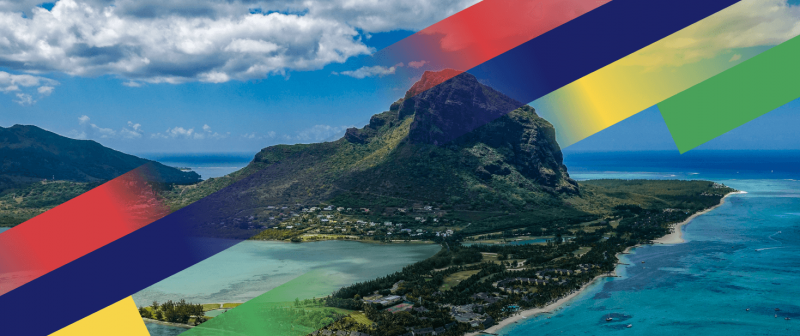
Belize
Regulation body: Belize Financial Services Commission.
The registered capital of an applicant company: $500 000;
Terms: 1 – 3 months;
License cost: $1000;
Annual fees: $25 000.
How to apply for a license?
- Register a company with capital over $500 000.
- Run a virtual office.
- Hire a manager with Belizean citizenship.
- Submit an application to the Belizean FSC.
Note, that FX brokers are forbidden to offer services for Belizean citizens and companies.
Seychelles
Regulation body: Seychelles Financial Services Authority.
The registered capital of an applicant company: $50 000;
Terms: Up to 3 months;
License cost: $1000;
Annual fees: $2200.
What is the procedure for obtaining a license?
- Register a company with a capital starting from $50 000.
- Open a corporate account in a local bank.
- Prepare the required set of documents.
- Submit an application.
- Place a 50 000 USD deposit on a bank account.

Saint Vincent and the Grenadines
Regulation body: Saint Vincent and the Grenadines Financial Services Authority.
The registered capital of an applicant company: no restrictions;
Terms: Up to 6 months;
License cost: $1000;
Annual fees: $500.
How can you obtain a license?
- Register a company in Saint Vincent and the Grenadines.
- Rent an office in the country.
- Prepare a set of papers and submit your application.
Newly created companies are free from corporate tax for 25 years.
Vanuatu
Regulation body: Vanuatu Financial Services Commission.
The registered capital of an applicant company: $50 000;
Terms: Up to 3 months;
License cost: $20000;
Annual fees: $12000.
What is the procedure for license obtaining?
- Register a company in Vanuatu.
- Prepare a set of papers and submit your application (no offices and local workers are mandatory).
Countries With a Medium Forex Regulation
This category implies stricter requirements for applicants, but licenses are more powerful as well, offering brokers to offer trading services globally with some exceptions. How to get a Forex license in the most in-demand Forex jurisdictions?
Cyprus
Regulation body: Cyprus Securities and Exchange Commission.
The registered capital of an applicant company: 200 000 – 1 000 000 EUR;
Terms: 2-3 months;
License cost: from 125 000 EUR to 730 000 EUR;
Annual fees: 4 000 EUR.
What’s the process for acquiring a license?
- Register a company with at least 13 employees, including the CEO, 2 managing directors, and 2 certified traders. The board of directors must consist of Cyprian citizens mostly.
- Launch a fully functional office in Cyprus.
- Prepare a set of papers required and submit your application
It’s necessary to emphasize, that the Cyprian license empowers a broker to offer trading services throughout the EU.
Estonia
Regulation body: Estonian Financial Supervision and Resolution Authority.
The registered capital of an applicant company: 50 000 – 730 000 EUR;
Terms: 3 – 6 months;
License cost: 10 000 EUR;
Annual fees: 1 000 EUR.
How to get a Forex license?
- Register a company with at least 2 managing employees with the corresponding education and experience.
- Open a corporate account and deposit funds according to your company type (depends on the scope of services).
- Prepare a set of documents and submit your application.
The Estonian license empowers a broker to offer trading services throughout the EU.
Malta
Regulation body: Malta Financial Services Authority.
The registered capital of an applicant company: from 125 000 EUR (2nd category) to 730 000 EUR (3rd category);
Terms: From 6 months;
License cost: 2 600 – 10 000 EUR;
Annual fees: From €4000 per year + 250 EUR for every €250 000 of net profits.
How to obtain a license?
- Register a company with the capital from 125 000 to 730 000 EUR.
- Open an account in a local bank to deposit your registered capital.
- Prepare a set of documents and submit your application.
- Get a certificate after the preliminary examination (1-2 months).
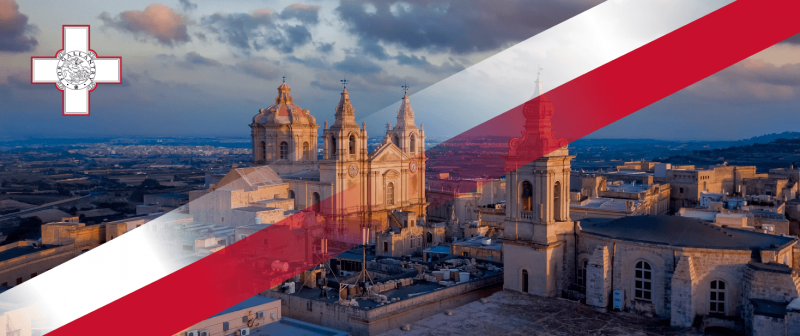
The Maltese license empowers a broker to offer trading services throughout the EU.
Countries With a Severe Regulation System
When a brokerage company is large enough to enter the international market, the most powerful licenses are demanded; meanwhile, the list of requirements is broad enough. How to get a Forex license in jurisdictions with the most severe norms and standards?
Australia
Regulation body: Australia Securities and Exchange Commission.
The registered capital of an applicant company: Starting from 1 million AUD ($635 000);
Terms: 6 – 12 months;
License cost: Starting from $35 000;
Annual fees: $1 086.
How can you get a license?
Register a company with at least 2 managers with Australian citizenship.
- At least 1 shareholder should have working experience in an Australian Forex company.
- Launch an office in Australia.
- Open an account in a local bank.
- Prepare a set of documents and submit your application.
Pay attention to the fact, that Australian brokers are forbidden to offer trading services in the USA.
United Kingdom
Regulation body: Financial Conduct Authority;
The registered capital of an applicant company: 100 000 – 125 000 GBP (for STP brokers) and 730 000 – 1 000 000 GBP (for market-making brokers);
Terms: from 1 to 2 years;
License cost: from $22 000 to $50 000;
Annual fees: From $6 000 annually.
What steps do you need to take to get a license?
- Register a company with at least 1 manager and 1 Compliance Officer.
- Open an account in a local bank (accounts in the EU banks are valid as well).
- Deposit the registered capital.
- Prepare a set of documents and submit your application.
United States
Regulation bodies: Securities and Exchange Commission, Financial Industry Regulatory Authority, Securities Investor Protection Corporation, Commodities Futures Trade Commission.
The registered capital of an applicant company: $250 000;
Terms: 12 – 18 months;
License cost: Up to $1 000 000 and $25 000 FINRA deposit;
Annual fees: from $10 000.
Here’s what you need to do to obtain a license:
- Register a US-based company.
- Choose the preferred license type you want to get.
- Pass the Series 7 exam and an additional exam for managing staff.
- Open an account in a local bank.
- Deposit the registered capital.
- Prepare a set of documents and submit your application.
Take into account, the margin trading is limited by 50:1 leverage. Furthermore, requirements may depend on a certain state.
The Forex trading license legitimacy is not questioned no matter which one of Forex jurisdictions is selected; meanwhile, countries with more severe rules open more opportunities for brokerages.
Conclusion
We examined the various regulatory authorities and jurisdictions that oversee FX trading activity. As previously stated, no centralized exchange conducts all or even the majority of spot FX trades. As a result, each area has its own regulatory body responsible for overseeing operations and ensuring an efficient and equitable order flow processing.
Additionally, each financial regulatory agency’s principal mission is to safeguard investors and consumers. As we have seen, certain nations, such as the US, and the United Kingdom, have more severe regulations regarding the licensing and maintenance of FX brokers than other locations.
And, although some forex regulating organizations seem to perform a better job than others, it is critical to safeguard oneself as much as possible while dealing in the over-the-counter foreign exchange market. One of the most effective methods to do so is to ensure that you are only dealing with registered and regulated FX brokerages in your country.
Need to get a Forex license to avoid troubles and headaches? Apply to B2Broker and delegate this step to high-level experts who are ready to pave this path.
Seeking answers or advice?
Share your queries in the form for personalized assistance





